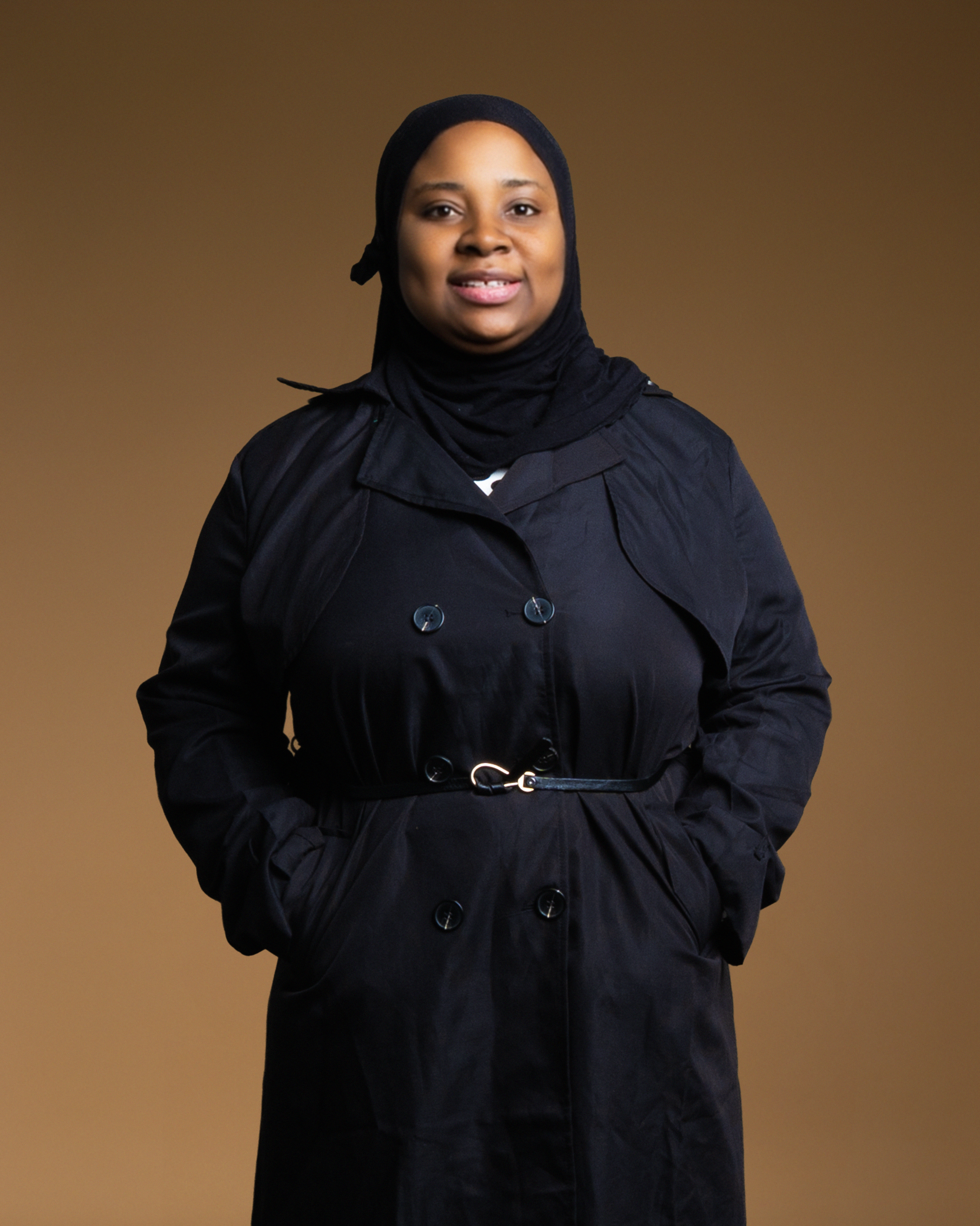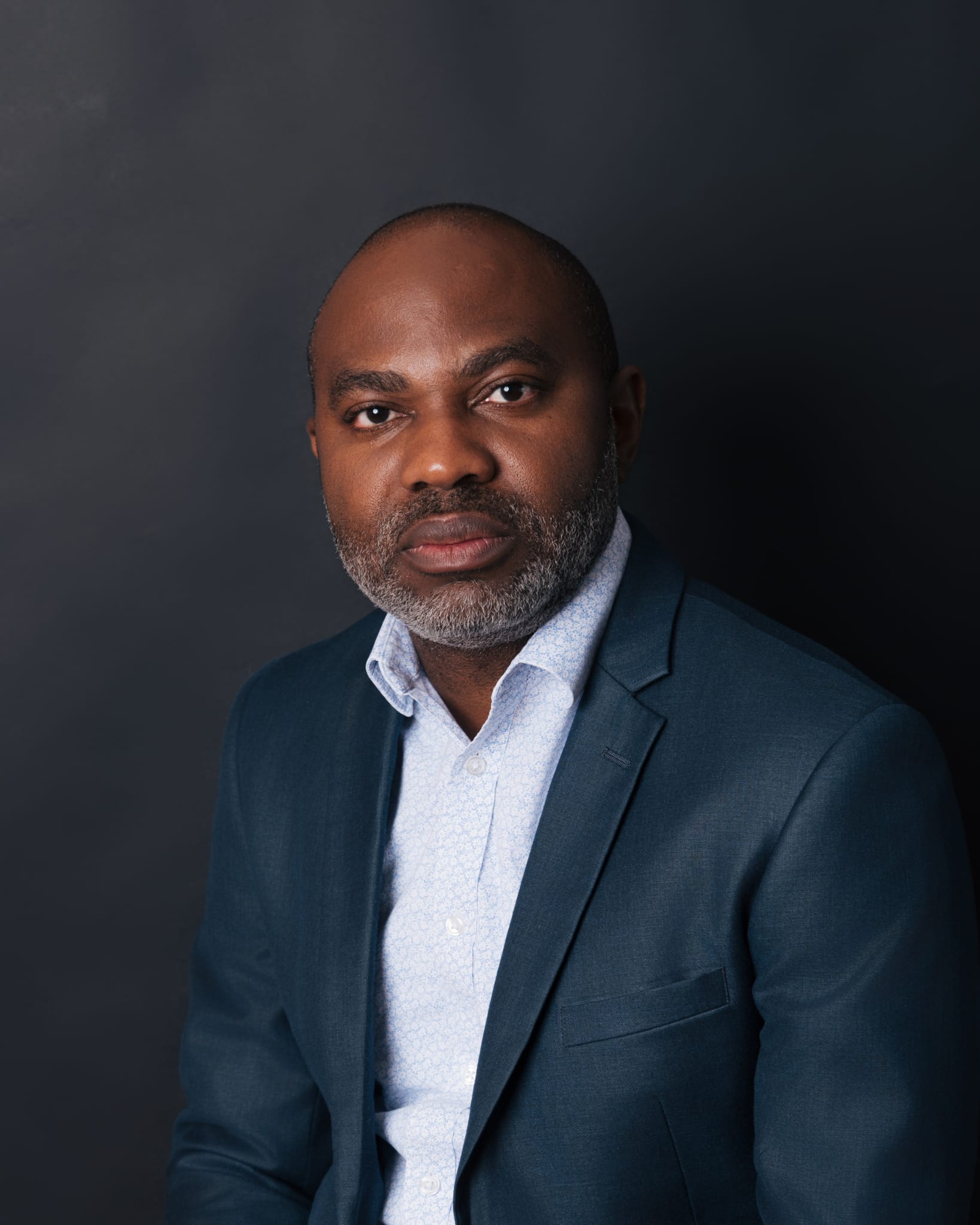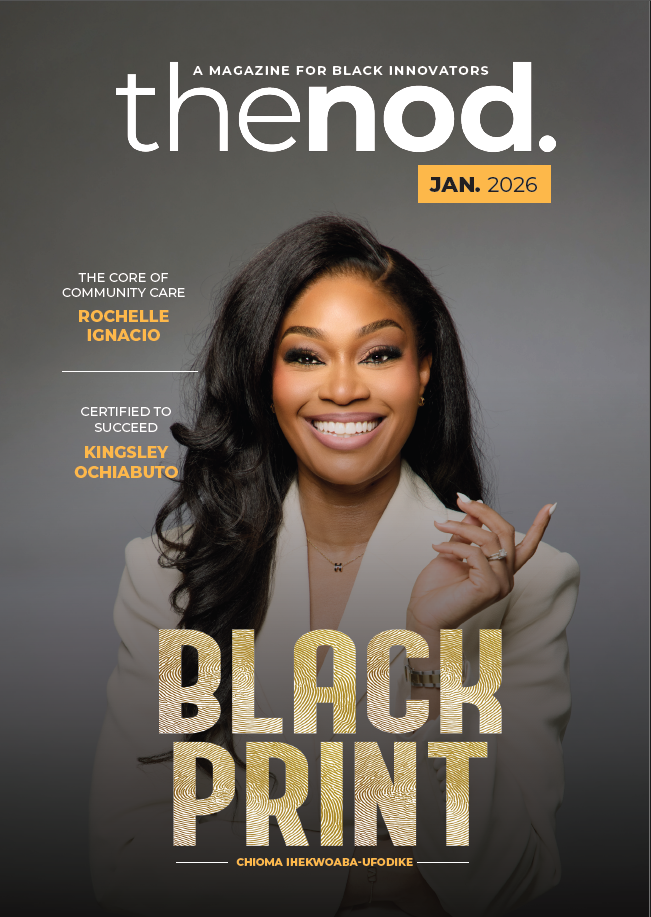When my family and I moved to Canada in 2000, I had no idea I would one day become the first African woman to own a UPS franchise. My journey started with challenges many immigrants face; finding a job, adapting to a new culture, and proving my worth in a society that often underestimates us. My first job was as a dishwasher, and I did it with prayer. One day, I noticed my colleagues struggling with a Microsoft Excel problem, and I stepped in to help. That moment changed everything. It reminded me that, as immigrants, we often carry more skills than people like to acknowledge, we just need the right opportunity to showcase them.
Owning a UPS Store franchise was difficult, but I knew I had the skills to make it work. Back in Nigeria, I ran a business centre that provided printing and business services, so transitioning into a similar field in Canada felt natural. This milestone is more than a personal success. It represents breaking barriers, inspiring others, and paving the way for future franchisees. It proves that hard work, vision, and prayer can open doors where they seem firmly shut.
Choosing Franchising Over Starting from Scratch
Franchising appealed to me because of the structured model it offers. Unlike starting a business from scratch, a franchise has a tested and proven system. When I took on the UPS Store, I wasn’t just building from the ground up—I was stepping into a globally recognized brand with credibility. This meant I could attract customers from day one. The franchisor provided thorough training, ongoing support, and marketing assistance, all of which helped me succeed.
One of franchising’s most significant advantages is the network of fellow franchisees. I wasn’t alone in my journey—I had a community that shared insights, strategies, and encouragement. This sense of belonging made a profound difference, especially in moments of doubt. Having a clear roadmap and support system significantly reduced many risks associated with running a business, making franchising the perfect fit for my entrepreneurial goals.
Challenges and Lessons Along the Way
My franchising journey was not without challenges. One of the most complex obstacles I faced was securing funding. The bank did not believe in me—not because they thought I lacked skills but because I was a Black woman without generational wealth. The process took much longer than expected and was filled with background checks and doubt. I had to provide extensive documentation and undergo multiple interviews, all while facing underlying scepticism due to my race and gender. It felt like everyone was questioning my ability to succeed.
Then came the most brutal realization, some customers would not do business with me simply because I was Black. I remember one customer looking me in the eye and saying, “I cannot do business with you because you are Black.” That moment broke me. I went to the back of my store and cried. But after that, I wiped my tears and resolved to prove my worth. I knew that my success had to go beyond personal ambition. It had to serve as a beacon for other African and Black entrepreneurs looking to enter franchising.
Despite these challenges, I learned valuable lessons. First, due diligence is everything. Before deciding, I thoroughly researched the franchise agreement, financials, and market conditions. Second, I discovered that franchising comes with more support than I initially expected, both from the franchisor and other franchisees. But most importantly, I learned that business success is about strategy and emotional resilience. The journey is filled with highs and lows, and you need the strength to push through the challenging moments. This resilience is not just a trait; it’s a skill that can be developed and honed, and it’s what separates successful entrepreneurs from the rest.
Standing Out as a Franchise Owner
Being a part of a global brand like UPS gave me a strong foundation, but I knew I had to add my personal touch to make my business stand out. I focused on delivering excellent customer service and building strong client relationships. I also empowered my staff, encouraging them to take ownership of their roles and bring fresh ideas. This balance between following the brand’s guidelines and adding my unique touch allowed me to create a welcoming and exceptional business environment.
Inspiring the Next Generation
One of the most rewarding parts of my journey has been my impact on others. I never set out to be a trailblazer, but I soon realized that my success inspired other African entrepreneurs, especially women, to see franchising as a viable option. Representation matters. When others see someone who looks like them achieving something they once thought impossible, it gives them the confidence to pursue their dreams. It’s not just about what I’ve achieved but what it represents for others. It’s about showing them they can do it, too, and that’s a powerful feeling.
Franchising is a powerful path for business-minded individuals who want the benefits of entrepreneurship without the overwhelming risks of starting from scratch. I often encourage young Black innovators to research franchise opportunities thoroughly, understand market demands, and ensure they have a solid financial plan. Education, resilience, and networking are key. Above all, I remind them that their success should not just be about making money but about making an impact.
The Future of Franchising and Opportunities for Africans
The franchising industry is evolving, and I see immense opportunities for Africans, immigrants, and Black entrepreneurs. The COVID-19 pandemic accelerated the need for digital transformation, meaning businesses must embrace technology to stay competitive. There is also a growing push for diversity and inclusion in business ownership, creating space for underrepresented groups to thrive in franchising.
Africans and other immigrants bring unique perspectives and resilience to the table. By tapping into franchise models that align with their strengths and community needs, they can drive economic growth and make a meaningful impact. The key is to leverage innovation, embrace digital tools, and remain adaptable to market changes.
Looking Ahead
My journey is far from over. I have chronicled my experiences in a book coming out soon, where I share more profound insights into my challenges, strategies, and triumphs. In this book, I delve deeper into the lessons I’ve learned, the strategies I’ve employed, and the triumphs I’ve celebrated. I hope it serves as a guide for aspiring entrepreneurs who want to navigate the franchising world confidently.
Every young entrepreneur, especially women and African immigrants, knows the road will not always be easy. But you can break barriers and build a legacy with faith, resilience, and a willingness to learn. The future of franchising is bright, and there is a place for us. We have to step forward and claim it.












